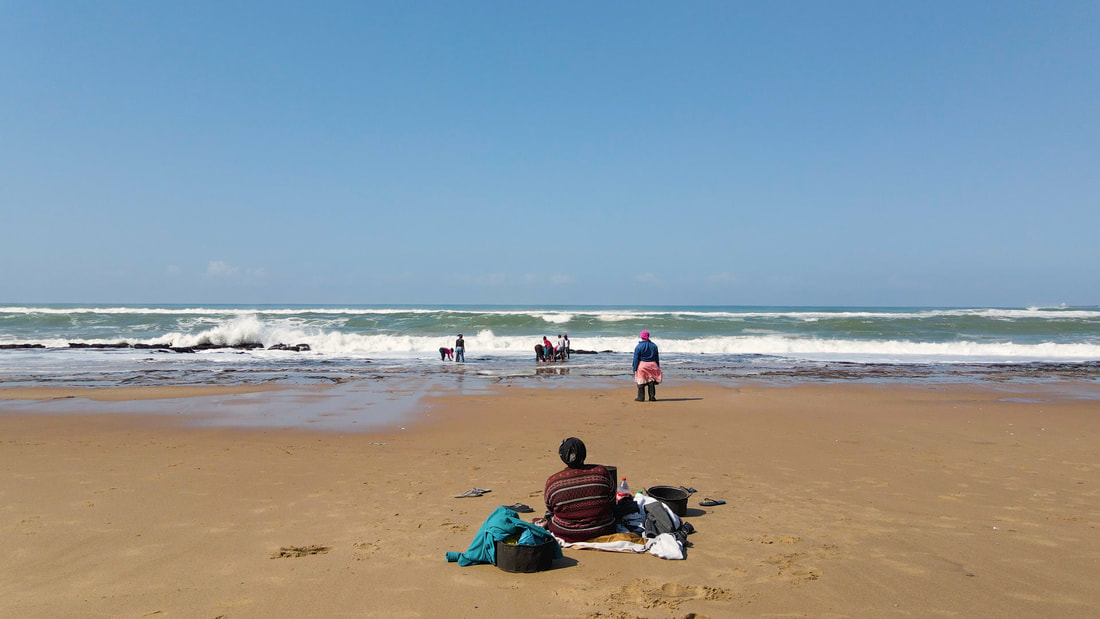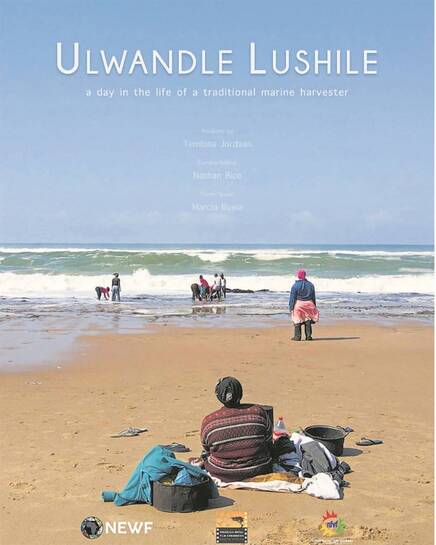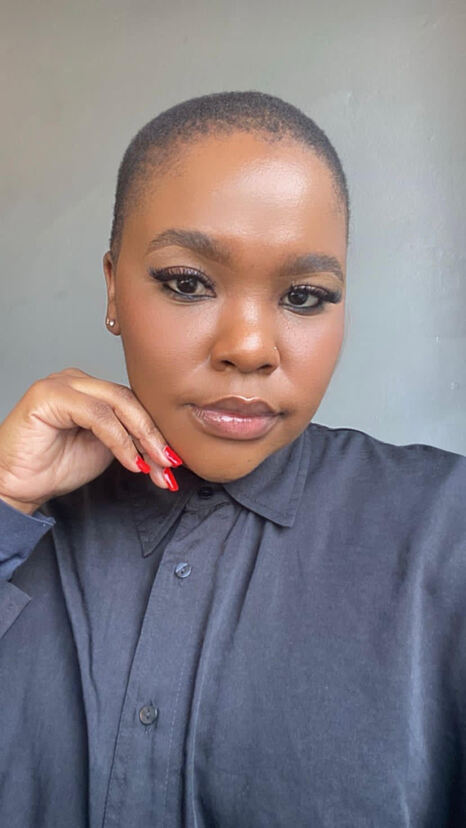|
Tembisa Jordaan is a marine scientist and filmmaker, currently working as a manager for biodiversity, economy and stewardship at Ezemvelo KZN Wildlife. She believes that filmmakers and scientists often impose a perspective and bias into stories of their focus communities. Tembisa strives to do the opposite–to elevate the stories she finds in communities, to see the environment from the community’s perspective, and provide a platform for them to tell their own stories. This is exactly what she does in her first film: Ulwandle Lushile: Meeting the Tides. “Ulwandle Lushile” loosely translates from Zulu as “the sea is dry,” noting the best time for mussel harvest--which is what the film is about. But it’s not just about mussels. This film brings into perspective South Africa’s apartheid history and its impact on natural resources management--in this case, the mussels. This film, which won second place in the Yale Environment 360 Video Contest follows the Sokhulu women who rely on mussels as a significant source of food, relearning sustainable ways of harvesting the mussels that existed years before the apartheid regime. As apartheid came to an end in 1998, the Marine Living Resources Act allowed local communities to access places that apartheid had previously restricted. This brought a new wave of adjusting, relearning, and passing down the indigenous knowledge that past communities practiced to sustainably harvest and consume mussels at the shores of South Africa’s province, KwaZulu-Natal. What inspired this story? The story was right before me when I worked as the Resource Use Ecologist, implementing the mussel harvesting programme in KwaZulu-Natal. My main motivation was from seeing the gap in the science and the story. Coastal communities are often just told what to do without fully understanding how that will impact their livelihoods, so the aim of this story was to bring back the local voices and give the story about marine conservation a human component. Describe some of the challenges faced while making this film/program? My biggest predicament while shooting was the issue of tides. There's a limited amount of time to harvest because of tide times, and the shooting time was not during spring low tides. The second thing has to be the issue of compensating characters for time spent on the project. I know that industry has such strong opinions about how that might influence the story, but I feel it is unethical to expect people to take time away from their work or other means of survival to shoot for many hours for free. The same way that we budget for the camera work and editing is the same way we ought to consider some form of remuneration for our characters, especially ones who take from nothing. What did you learn from your experience making this film/program? Storytelling is a powerful science communication tool and it really does come naturally for us Africans, because our whole history and lineage is told from one generation to another, through the stories told by our Elders. What impact do you hope this film/program will have? I hope it motivates South Africans to start doing something for our people and stop waiting on the government to do something. I would like for this film to infiltrate the academic space and influence black scientists to start looking at science from a people-centric perspective, and to do the needed work to show that Africans have always been one with nature. Conservation is in our blood. How do you approach storytelling? I create a conducive platform for local voices to be heard and to show the indigenous knowledge that is still intact. I also remove myself from the story, as a point of interest, and shine a light on the important stories that Africa and the world at large need to see. I just want to capture the beauty of our thought process and value systems where conservation is concerned. What’s next for you? For the film? More coastal stories, lots of cooking and hopefully a non-profit organization that focuses on finding sustainable livelihoods for communities, support and knowledge exchange. What is your take on the role of storytelling in promoting sustainable lifestyles and sustainable use of natural resources? With storytelling, especially in films, if you are able to nail down the key areas that you want to address in your story, it drives the human emotions about who it directly impacts. For example, if you want to communicate the impact of littering, you can tell a story of how their more often unintended actions impact the livelihoods of someone else. As naturally compassionate beings, seeing the visual impact of our actions can drive change now that we see the end results of our actions. Storytelling changes people’s perspective quicker and can do so in influencing sustainable living. About the Author: Irene Marra is an Operations Associate at Jackson Wild. She is currently pursuing a BA in International Business and Trade at the African Leadership University in Rwanda, with a passion for entrepreneurship, storytelling, and digital content creation
3 Comments
|
Archives
March 2024
Categories
All
|
Contact UsJackson Wild
240 S. Glenwood, Suite 102 PO Box 3940 Jackson, WY 83001 307-200-3286 info@jacksonwild.org |




 RSS Feed
RSS Feed